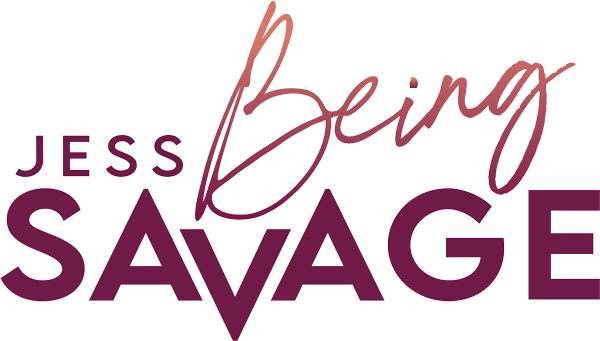The State of Asian Mental Health
May is a special time for me, why? Aside from it being Taurus season and a month of transition between Spring and Summer, it also encompasses two areas close to my heart: Mental Health Awareness and Asian American Heritage Month.
It’s not surprising that Mental Health Awareness falls in the same month as Asian American Heritage Month. For one, Asians and Asian Americans are the fastest-growing ethnic group in the U.S. increasing by 72% between 2000-2015 alone with a projection to reach 46 million by 2060. In 2019, roughly 15% of this demographic reported having a mental illness equating to 2.9 million people. Another study found that 17.3% of Asian Americans will be diagnosed with a psychiatric condition at some point in their life. The most alarming statistic I came across is this demographic is three times less likely to seek help or treatment than their white counterparts and the least likely racial group to seek mental health services overall.
Now the question is why don’t we seek treatment if we know there is a problem? There’s a whole list of reasons ranging from cultural expectations to education and mental health biases. However, my belief is it has to do with our fear of being who we are at the cost of disappointing ourselves and others. If we pursue the things we want most and it does not materialize, we let ourselves down, and if we pursue endeavors successfully outside of people’s expectations, they could still choose to leave. While culture can be beautiful, it can also be a toxic box used to manipulate and limit someone’s human potential. Just as the human identity needs to be fluid, so does culture; it needs to change, grow and evolve with us. If we are stuck in our ways of being who we think we need to be versus who we need to become, we limit our highest potential. These are some of the underlying fears of why Asians and Asian Americans do not talk openly and externally about their mental health.
Now I know I said “we” above to give more context I am of Japanese and White descent and have unfortunately delayed seeking treatment or accepting help. For me, the above stigmas all ring true, especially the cultural one alone has been the bane of my existence. No one wants to feel like there is something wrong with them. Humans by design are social creatures and need a community, so to go against that community could mean that one of the likely possible outcomes is being isolated and alone. Science confirms this fear by showing the correlation of loneliness to smoking 15 cigarettes a day! I have always struggled to be by myself until 2020. Last year forced many people like me to deal with their shit directly and learn to be okay with not being okay. To find the beauty in struggle and the light in complete darkness is a new skill set many of us learned throughout 2020.
While we know Asians and Asian Americans are book smart hence these findings from the pew research center: “More than half of Asians ages 25 and older (54%) have a bachelor’s degree or more education, compared with 33% of the U.S. population in the same age range.” What about the soft skills of resilience mentioned previously or emotional intelligence and cultural intelligence? Asian and Asian American culture has lost touch with some of its most cherished ancient traditions within Eastern Medicine. From forest bathing to reiki to acupuncture to tea and face readings. Why is it that I hardly see another healer of Asian heritage? Just like the mental health profession, most therapists are, unfortunately, white. A 2019 statistic shows only 7% of Psychology Graduate Students were Asian and 4% being multiethnic. With all of the subliminal cultural conditioning and family environments listed above preventing treatment, we need more Asian and Asian American healers, therapists, psychologists & psychiatrists.
On a call for Asians and Mental Health with other Asian and Asian American therapists, someone asked what they could do to help make mental health treatments accessible for their community, and their reply was “become a therapist.” Taking that advice and running with it, I also saw a need to fill within the healing world of spirituality. As much as I love my healers and everyone I have met and will meet, I saw a gap to fill as this hybrid. I am the bridge connecting this community to much-needed resources. We have lost sight of our whole being: the mind, body, and soul. When we have this end-to-end big picture lens, we treat the soul with holistic medicine, the body with western medicine, and the mind with an integrated approach.
It is why I have a passion for doing what I do here with JessBeingSavage. Let’s normalize and destigmatize mental health by making these conversations normal through doing the work and sharing our best practices along the way for break-ups, depression, creativity, and so much more. I’m curious to know what prevents you from seeking help?


